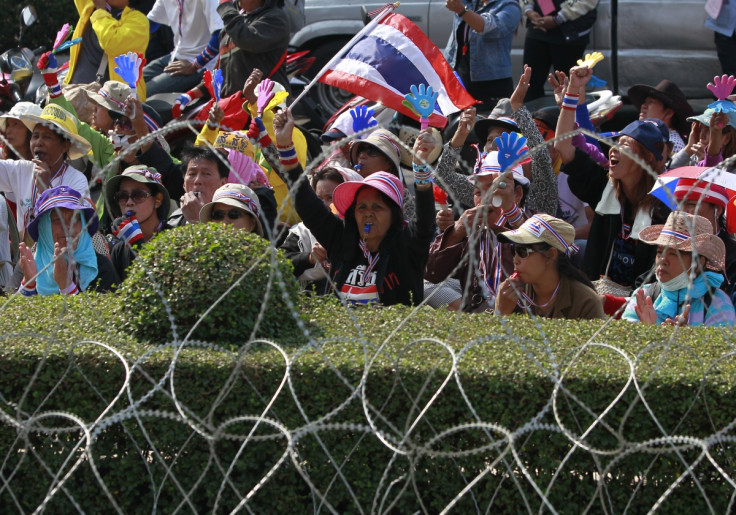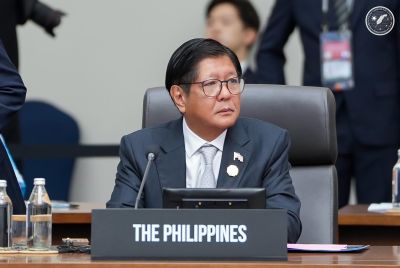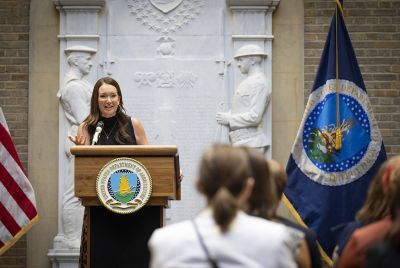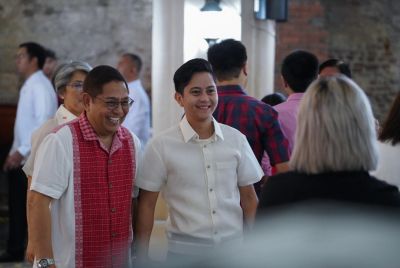Thai Red Shirts Leader Shot at as Emergency Declared in Bangkok

Bangkok remained tense after Thailand prime minister announced a state of emergency in the capital and surrounding provinces, while the leader of a pro-government faction was shot at and wounded in what was termed a political attack.
The attack on the Red Shirts leader took place in the north-eastern Udon Thai Province after Yingluck Shinawatra announced a state of emergency, which gave her embattled government the power to put in place curfews, enforce media censorship and even use military force to keep law and order.
"From what we saw on CCTV, a bronze pickup truck drove by and several rounds were fired at the house ... We believe this is a politically motivated crime," a police colonel told Reuters, citing the attack on the Red Shirts leader, Kwanchai Praipana.
The government declared the 60-day emergency following a spike in violence in the ongoing anti-government protests spearheaded by the opposition group People's Democratic Reform Committee (PDRC).
Simmering political tension in Thailand flared up late last year when the government mooted an amnesty bill that would have absolved former prime minister Thaksin Shinawatra of corruption charges and allowed him to return from exile abroad.
Thai opposition, comprising mainly of Bangkok elite and the roayalists, accused Yingluck of running a proxy government for her brother, who was ousted in a military coup in 2006.
The government's proposal for the controversial amnesty bill shook the tenuous political calm in the country, and Yingluck's decision to backtrack on the bill did not quell the anti-Thaksin protests in the capital.
"I know about this well ... We will keep fighting until we win."
Following this the prime minister announced the dissolution of parliament and scheduled fresh elections in February. However, the protesters stuck to their demand that the prime minister cede power to a caretaker administration under which the elections should be held.
The protests were largely peaceful for a month despite a move to storm government buildings and paralyse the administration, but a series of violent acts in recent days and a threat to ambush the elections prompted the government to declare emergency in the capital.
Suthep Thaugsuban, a former deputy prime minister who spearheads the war against the Shinawatra clan, said his supporters will continue the struggle against the government. "I know about this well ... We will keep fighting until we win," Suthep told his followers, according to the New York Times.
Suthep, who used the emergency law to clamp down on a similar protest by Thaksin supporters in 2010, said the protests would be peaceful.
Despite putting in place emergency measures, the government has said it does not intend to disperse the protesters from the city centre and dismantle their camps.
© Copyright IBTimes 2025. All rights reserved.





















